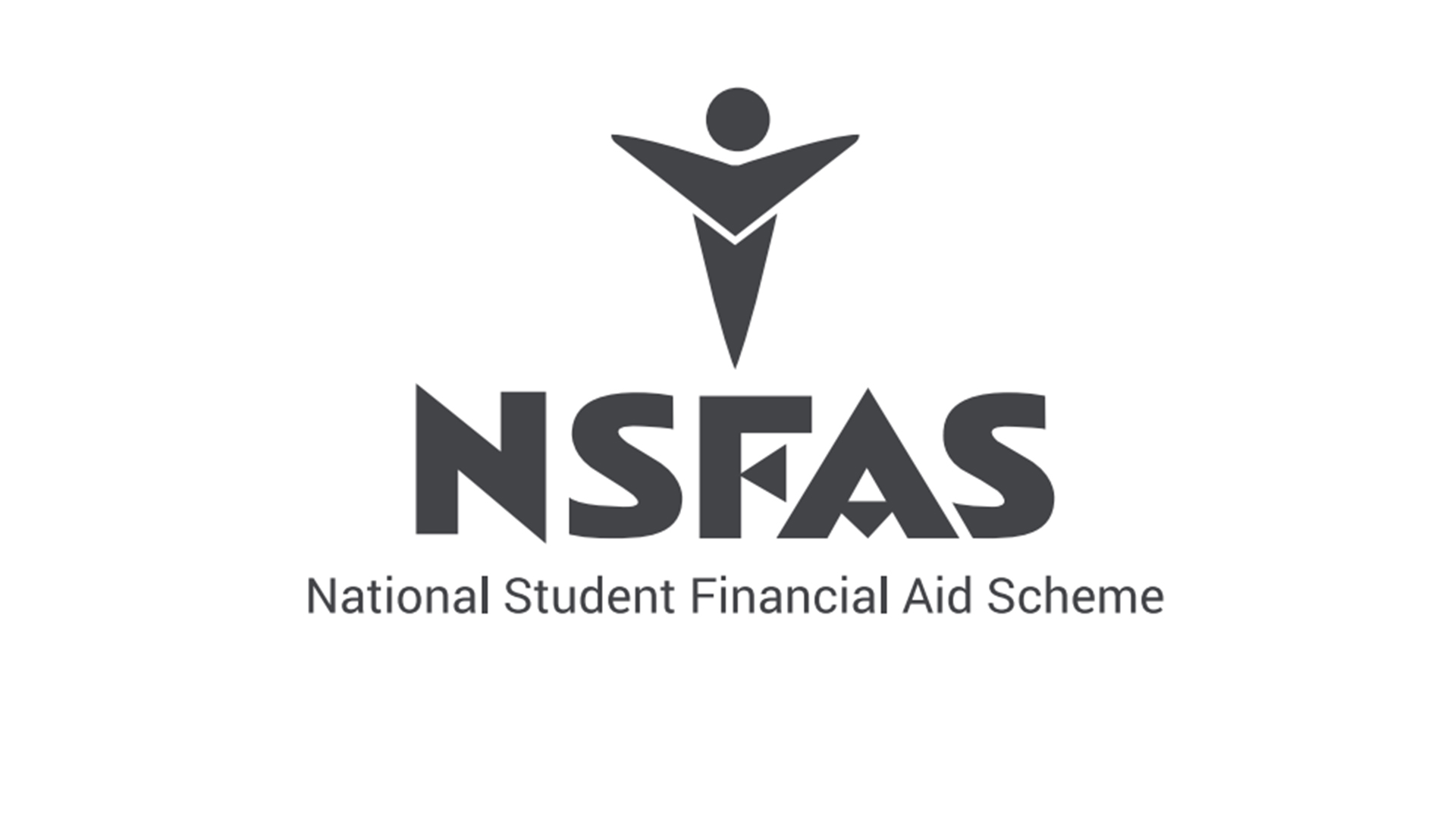- South Africa’s Parliament has given NSFAS two weeks to present a plan to fix its many perceived faults.
- This after the scheme launched a new direct payment system, and sought to begin defunding some students it believes don’t merit funding.
- NSFAS is still processing the appeals for funding of over 44 000 students, and there are just under three months left of the academic year.
To say that the National Student Financial Aid Scheme (NSFAS) has had a difficult year would be an understatement. The scheme, which for around 1 million underprivileged young people in South Africa provides an opportunity to study at a tertiary institution, has come under fire for its perceived failures to uphold its mandates.
Its funding is supposed to cover tuition costs, living expenses, transport fees and even accommodation for its student beneficiaries, but alleged failures to deliver promised funding, as well as failures to properly inform students, provide adequate services, and the troubled overhaul of its entire funding system in June have left thousands of young people in the lurch.
On Wednesday this week, representatives of NSFAS were dragged before Parliament, where the portfolio committee for higher education took the scheme to task for its issues, according to a report from GroundUp.
Chair of the committee Nompendulo Mkhatshwa opened the meeting, saying that NSFAS with its mandate to serve young people and provide education opportunities “should be the best run entity in the country” instead “right now it is not. It’s an embarrassment.”
Something that can be said about several public institutions in the country, including the Post Office, and South African Airways, among many others.
According to NFAS chair Ernest Khosa, the scheme has disbursed R32 billion to students at university and TVET colleges this year so far, compared to its annual budget of just under R50 billion.
Despite this, 2023 has been the year NSFAS has received the most financial and academic appeals, at 170 683. These appeals represent students that have been declined, or removed from funding.
In order to deal with rampant fraud of its funding, NSFAS decided to defund beneficiaries it believed secured funding based on incorrect information.
The most sparked public outcry from students, and provoked protest action at universities. Some even turning violent.
NSFAS acting chief operations officer Vuyokazi Mafilika told Parliament that 58 924 appeals led to students receiving funding again, with 44 561 appeals waiting on academic results and 31 890 “in progress.”
A total of 35 308 appeals were rejected.
“It’s September, but you’re telling us that you have 44,000 appeals that depend on the institution and missing documents. From February to now, where are these kids getting food from?” asked committee member Walter Letsie, representing the ANC.
Committee members continually grilled NSFAS representatives, with a focus on how its perceived failures affected actual young people who are from poor backgrounds.
On the topic of the new direct payment system, introduced in July to replace the preexisting system, NSFAS acting CEO Masile Ramorwesi admitted that it had experienced problems since the rollout.
CEO Andile Nongogo was put on “special leave” by the NSFAS board in August due to his alleged involvement in dodgy tender deals.
“Any new system in its year of first implementation experiences challenges,” said Ramorwesi.
Just last week, the direct payment system experienced a “technical glitch” that delayed payments to beneficiaries. While this particular delay was short-lived and resolved in a day, it has been one of several problems faced by the digital system.
NSFAS has publicly stated that the new system will remain in place for the foreseeable future.
MEDIA STATEMENT: ALL NSFAS BENEFICIARIES REGISTERED ON THE NSFAS BANK ACCOUNT RECEIVE THEIR ALLOWANCES pic.twitter.com/gsr21hooFv
— NSFAS (@myNSFAS) September 8, 2023

